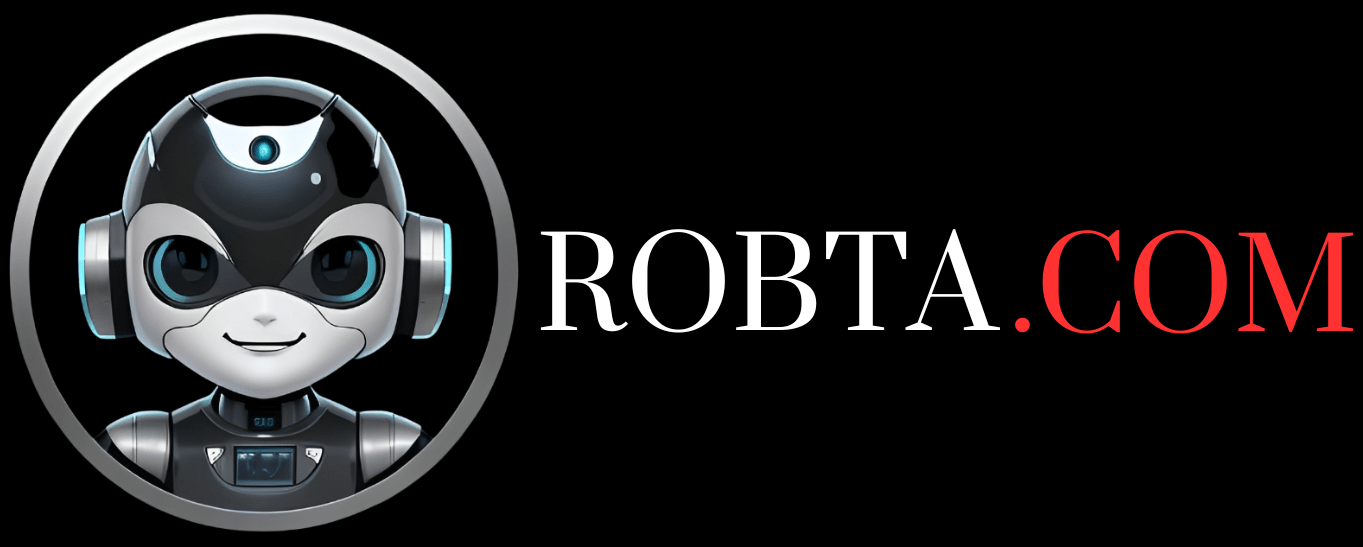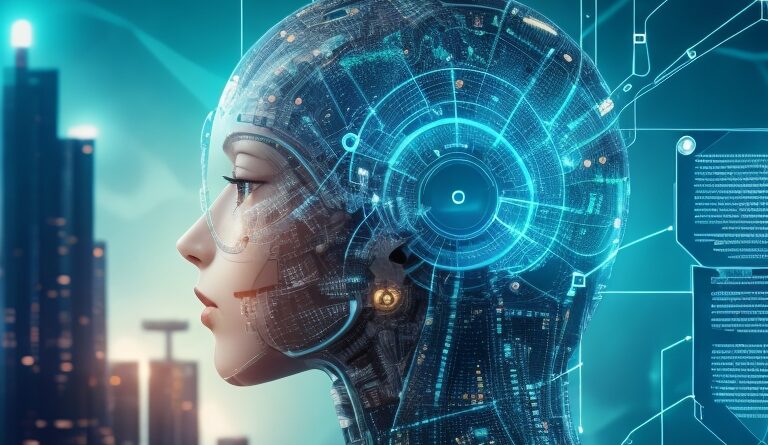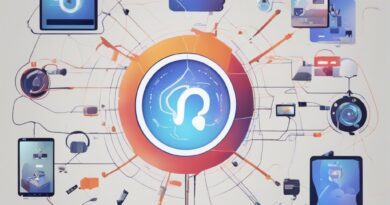AI and Human Evolution: What’s Next?
In the ever-evolving landscape of technological advancements, Artificial Intelligence (AI) has emerged as a transformative force, pushing the boundaries of human evolution. This article explores the impact of AI on our society, economy, and individual lives, and delves into the intriguing question: What’s next for AI and human evolution?
The AI Revolution: A Paradigm Shift
The Emergence of AI
Artificial Intelligence, once a mere concept in science fiction, is now a tangible reality. With the advent of machine learning, deep learning, and neural networks, AI has transitioned from a novelty to a necessity.
Transforming Industries
Industries such as healthcare, finance, and manufacturing have witnessed seismic shifts due to AI. From diagnosing diseases to optimizing financial portfolios, AI is enhancing efficiency and productivity.
The Impact on the Workforce
As AI automates routine tasks, there is growing concern about job displacement. However, AI also creates new job opportunities, necessitating a shift in skill sets.
AI and Society: A Complex Relationship
Ethical Dilemmas
AI raises ethical questions about privacy, bias, and accountability. As AI systems become more autonomous, striking a balance between progress and responsibility is paramount.
AI in Healthcare
AI is revolutionizing healthcare, from personalized treatment plans to early disease detection. It promises longer, healthier lives, but also poses challenges in data security and patient consent.
Education and AI
AI in education is personalizing learning experiences, making education accessible to all. However, it also raises concerns about data privacy and teacher-student dynamics.
The Future of AI: Beyond the Horizon
Quantum AI
Quantum computing has the potential to unlock unimaginable AI capabilities. It could accelerate drug discovery, optimize complex systems, and revolutionize cryptography.
Human-AI Collaboration
The future involves humans and AI working collaboratively. We can harness AI’s analytical power, while AI benefits from human creativity and empathy.
AI in Space Exploration
AI will play a pivotal role in space exploration. From autonomous spacecraft to Mars colonization plans, it’s the next frontier for human-AI cooperation.
Conclusion
AI and human evolution are deeply intertwined. The future promises remarkable advancements, but also challenges that need careful consideration. As we navigate this transformative journey, one thing is clear: AI will continue to shape our world.
FAQs
1. What is the role of AI in job creation?
AI has the potential to create jobs in emerging fields such as AI development, data science, and AI ethics. However, it may also lead to job displacement in traditional industries.
2. How can AI address ethical concerns?
To address ethical concerns, transparency in AI algorithms, data privacy regulations, and ethical AI development practices are crucial.
3. What are the key challenges in AI and healthcare?
Challenges in AI and healthcare include data security, patient consent, and ensuring that AI-powered systems complement human healthcare professionals.
4. Can AI replace human creativity?
AI can assist and enhance human creativity, but it cannot replace the unique creative abilities of humans, such as artistic expression and emotional understanding.
5. How will AI impact space exploration?
AI will enable autonomous space missions, enhance data analysis from distant planets, and support future endeavors like Mars colonization.




